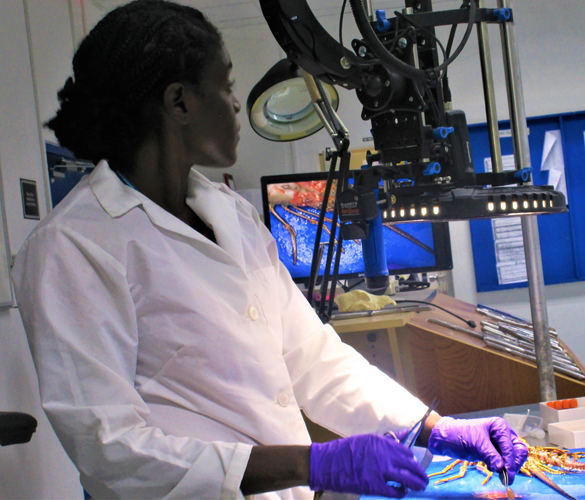Priority areas
Our projects are all conducted in the states and territories of the Caribbean islands, which includes the Bahamas, the Turks and Caicos Islands, the Caiman islands and the Antilles (Greater and Lesser Antilles).
Cuba and Haiti are priority areas; projects based on these islands can be funded up to 100%. In the other countries and territories, projects are generally awarded between 20 and 60% funding, depending on co-funding options.
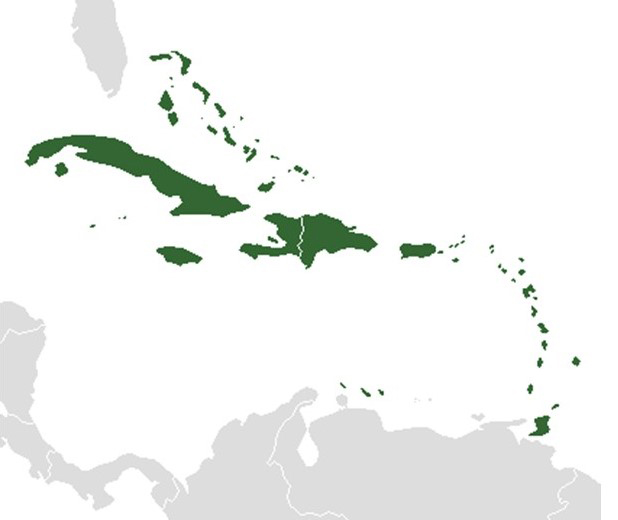
Vulnerable species and ecosystems
Our research projects mainly relate to the most vulnerable species and ecosystems (in particular wetlands, dry forest, coastal ecosystems, and coral reefs) endemic to the Caribbean islands, as well as agroecosystems.
Projects aim to better define the conservation status of the endemic species and ecosystems studied, in particular, and to help develop management plans.
In addition, we develop databases where the available knowledge relating to Caribbean biodiversity is recorded. This information serves to draw up summaries identifying, in an overall sense, the factors defining the region’s conservation status.
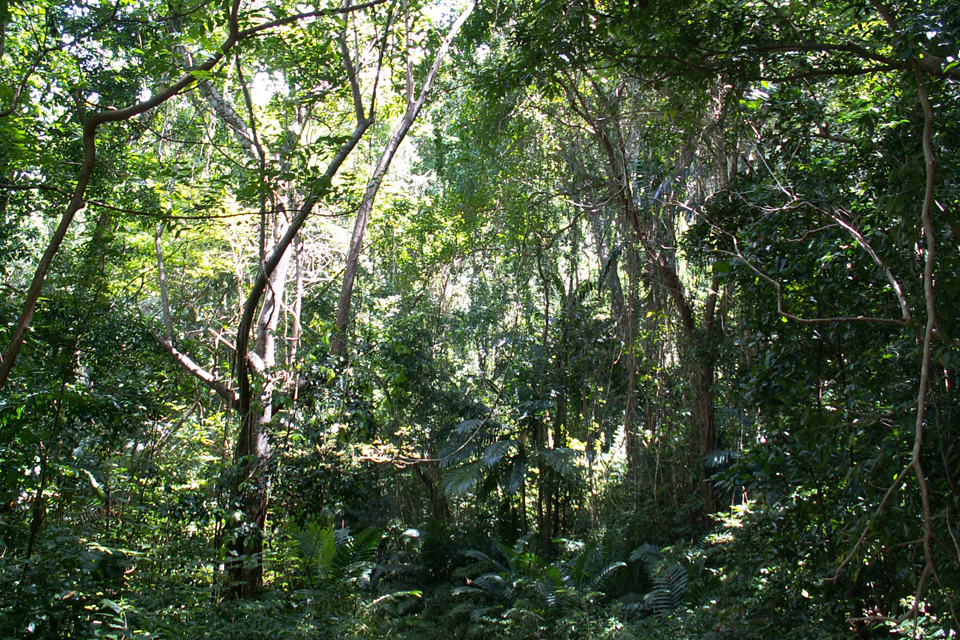
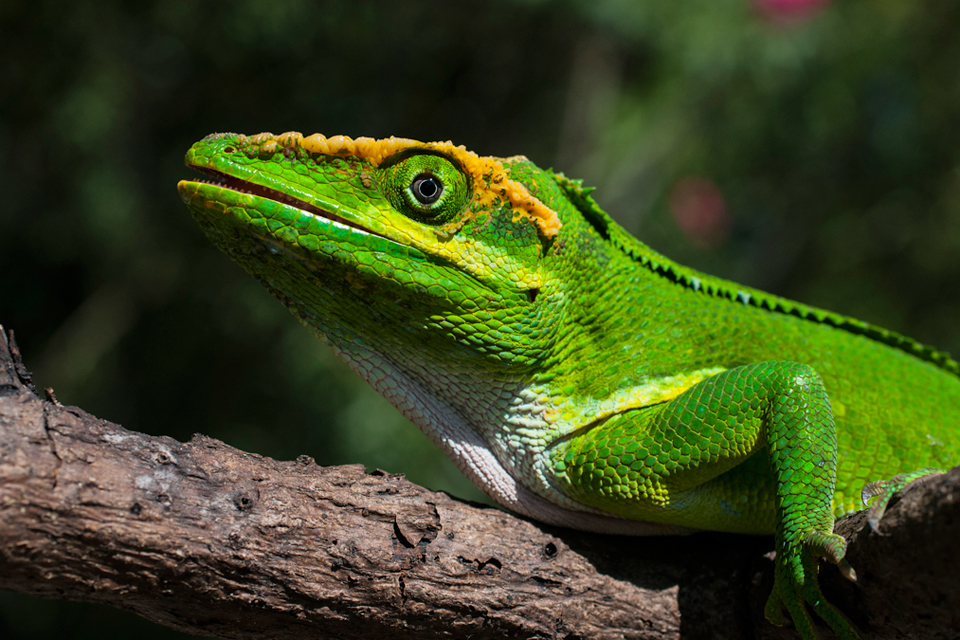
Anolis equestris © Raimundo López-Silvero
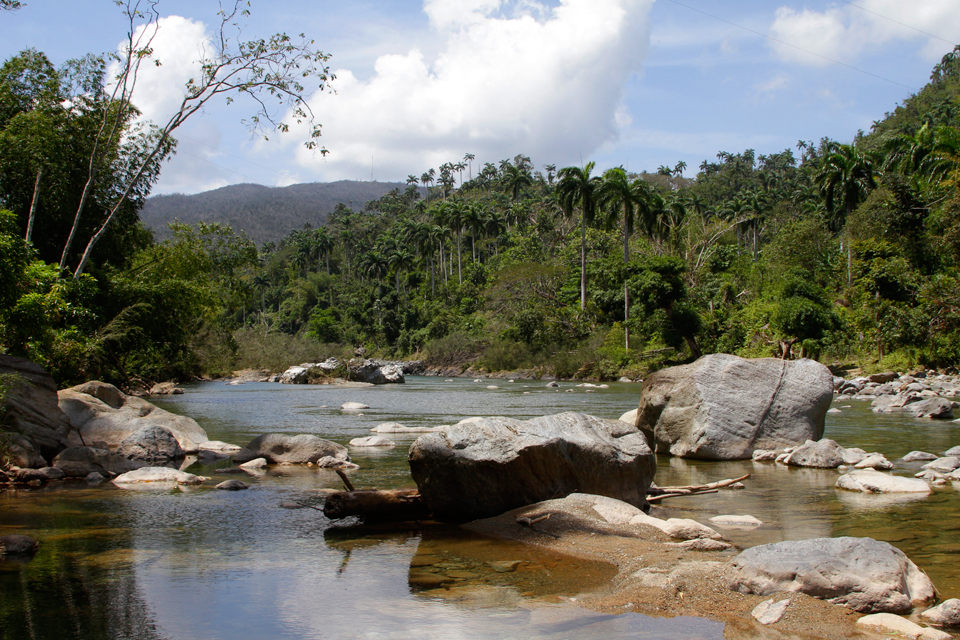
Río Duaba, Baracoa © Raimundo López-Silvero
Invasive exotic species
We are particularly interested in invasive exotic species and their impact on the fauna and flora endemic to the Caribbean islands. We would like to be able to predict at an early stage, the consequences of introducing new species and how we can help reinforce the steps taken to detect and regulate these species, and the related monitoring programmes.
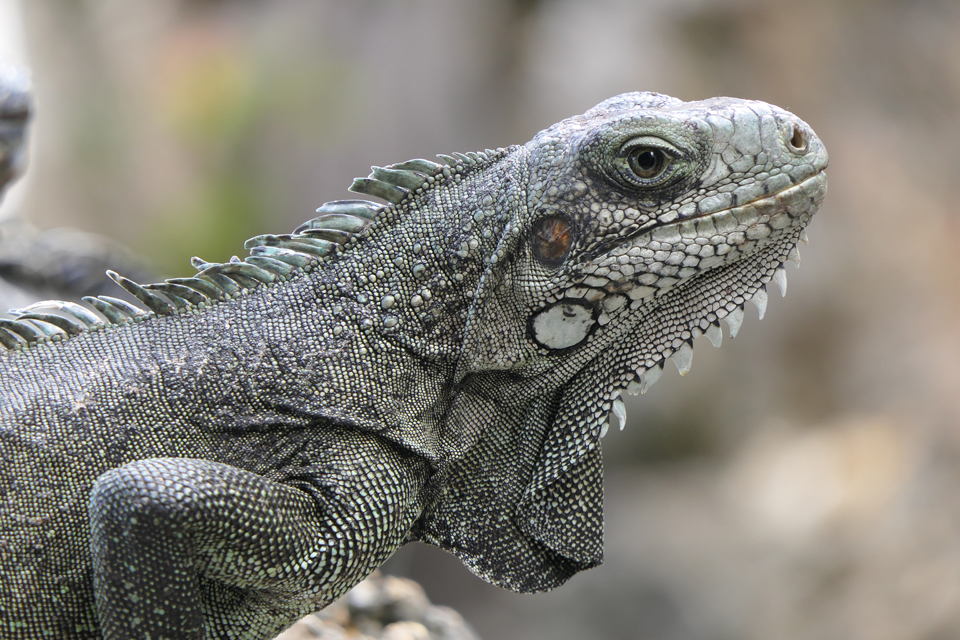
Iguana iguana
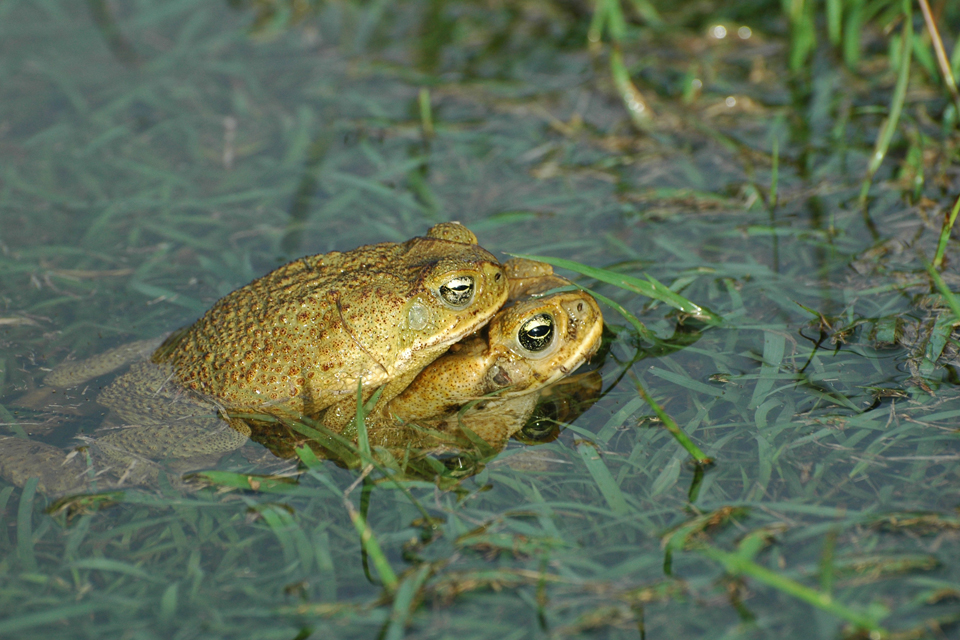
Bufo marinus
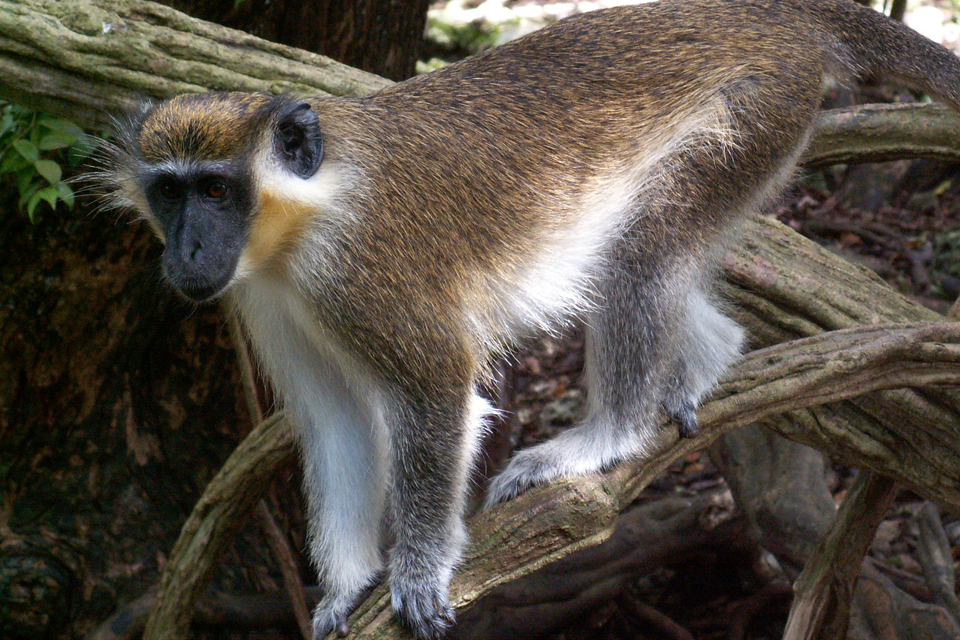
Cercopithecus aethiops sabaens
Climate change
We approach the impact of climate change on biodiversity in the Caribbean islands in particular by studying how endemic species can adapt to changes in environmental conditions (temperature, salinity, etc.).
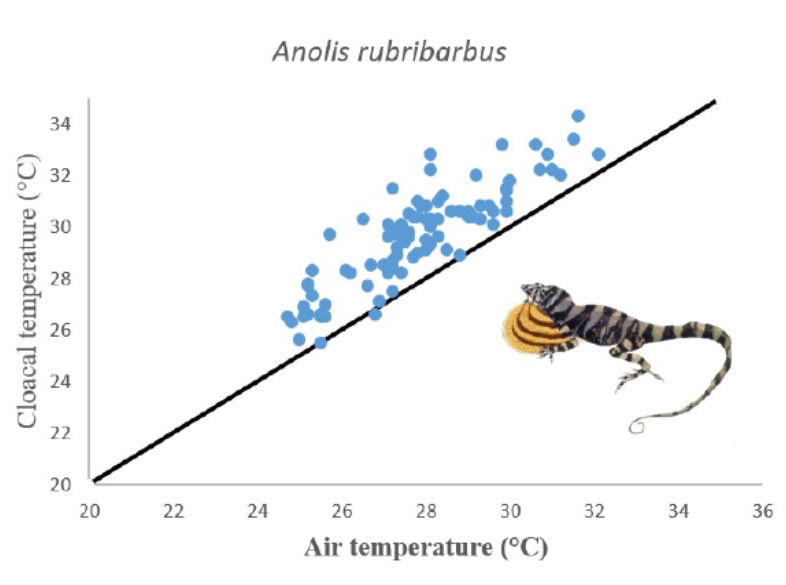
Urban ecology
Our projects contribute to the development of urban ecology in the Caribbean islands by studying how endemic species adapt to urban and peri-urban settings. The objective of these studies is to unite the various stakeholders - scientists, town planners and architects - around a new concept of urban spaces to promote the expansion of biodiversity.
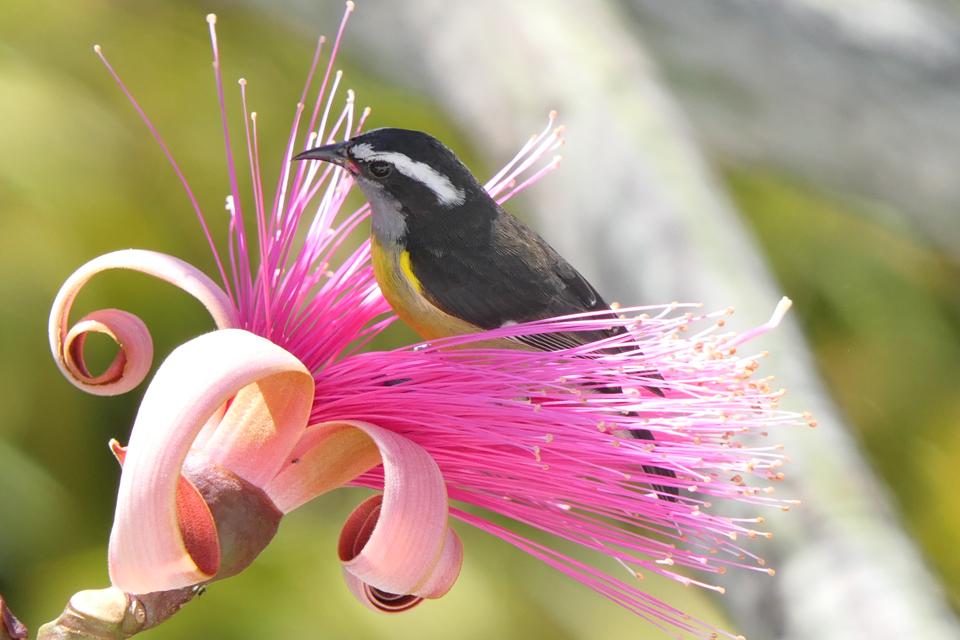
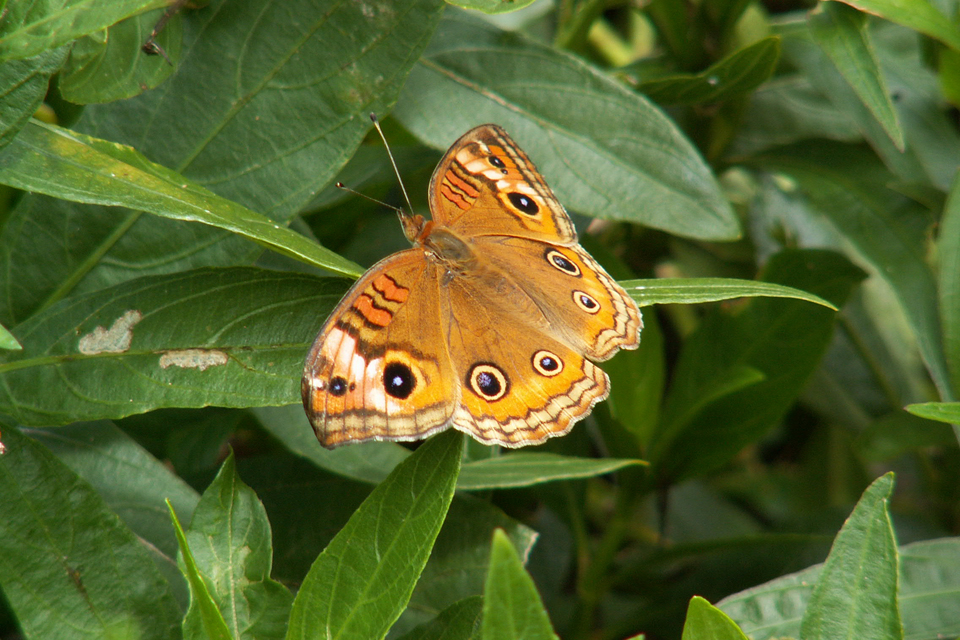
Ecology of wildlife diseases
A certain number of our projects relates to the dynamics of zoonoses and interactions between animal and bacterial species, with the aim of better understanding the complex mechanisms governing the health of ecosystems, and how animal and vegetable species interact with human health.
